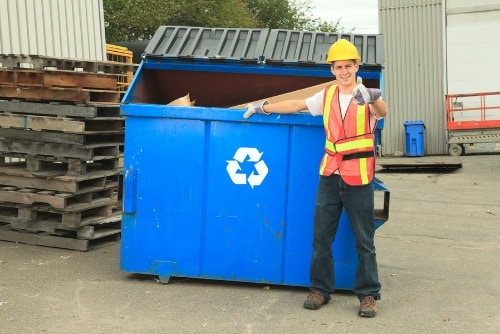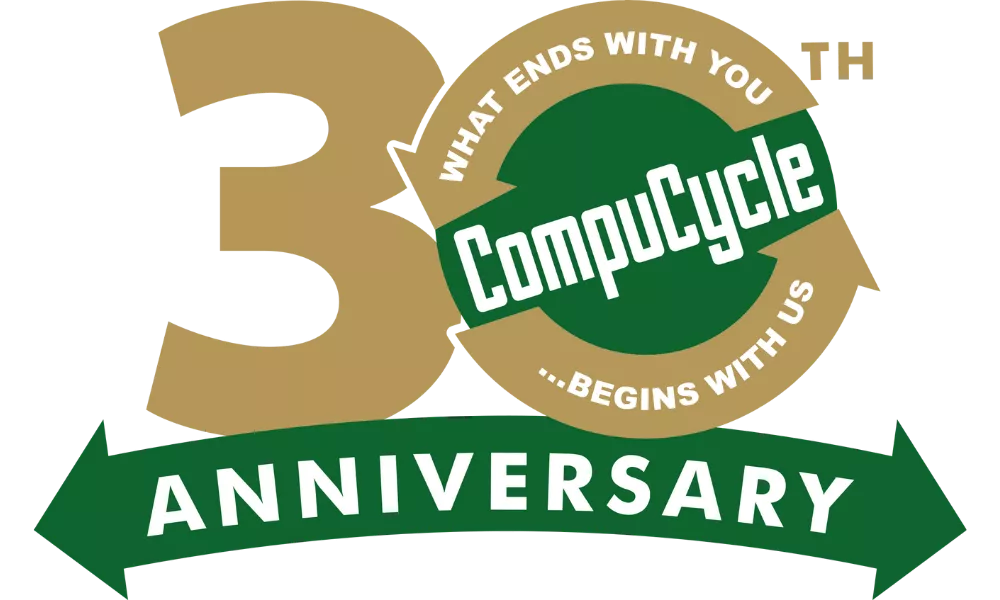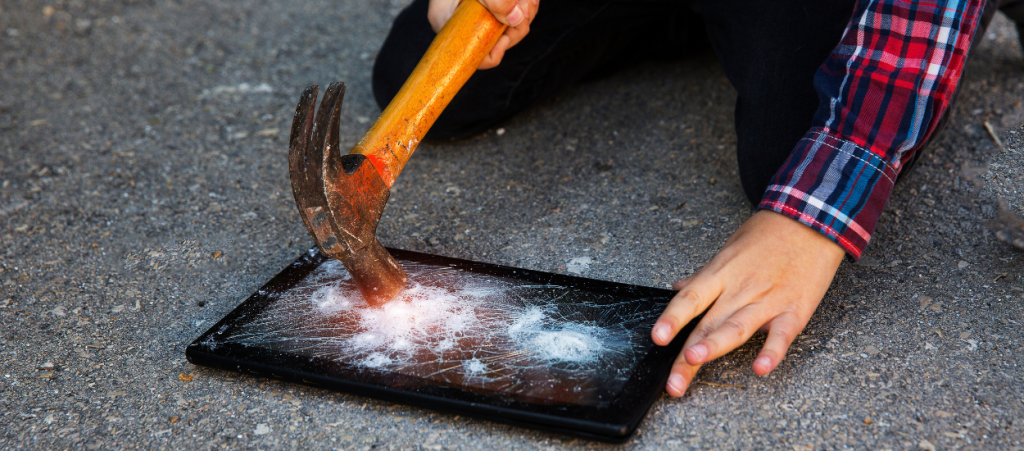
Fundamental to CompuCycle’s R2 Standard is the emphasis on reuse as the best approach to managing electronics. Reuse extends the useful life of electronics, thereby reducing the environmental impact of manufacturing new products. In addition to the widely recognized environmental benefits, reusing electronics also provides economic and social benefits by bridging the digital divide with affordable electronics – particularly in emerging markets. There are many developing regions that have experienced a technology upsurge due to the fact that they were able to access used electronics that they could afford.

Electronics are made up of several different materials that hamper the conservation of the earth’s natural resources. Raw material extraction, transportation, and fabrication processes all combine to produce a huge amount of greenhouse gases and environmental pollutants. We at CompuCycle, believe that the best way to reduce waste is to not produce it in the first place. Therefore, reusing electronics is a highly effective way to not only conserve natural resources required to produce new electronics but to save money as well.
Around 20 to 50 million metric tons of electronic waste is disposed of every year globally. And around 90% of it is reusable. This huge amount of e-waste can serve a number of benefits if we start reusing our electronics. Here are some of those benefits:
Conservation of Natural Resources
Repairing electronics and reusing them can boost the natural resource conservation efforts. But, even the irreparable and completely obsolete electronics have materials that can be recovered and used to make new products. Natural resource mining contaminates surface water, groundwater, and soil and causes sinkholes, erosion, and loss of biodiversity. Extraction of glass, plastics, circuit boards, and other materials allow recycling that can protect the environment in an effective manner.
Community Support
Repaired electronics are much cheaper than new ones and can benefit low-income communities by offering them access to technology that they can afford. Many non-profit organizations and schools, and small businesses in developing countries can gain with old electronics.
Employment Creation
As people get more educated and inclined towards environmental safety, an increased amount of e-waste reuse and recycling can give birth to new electronics recycling companies and prompt the existing companies to hire more employees to manage their operations. This would result in a significant increase in employment.
Protection of the Environment and Public Health
Lead, cadmium, chromium, mercury, and other hazardous materials that most electronics contain can be harmful to public health and the environment if they are disposed of in trashcans. It is crucial to trash and dispose of electronics in ways that are compliant with the international standards and regulations to keep the population and environment from getting damaged by harmful materials present in electronic devices. All the materials that can be recycled and reused should make their way to new consumers after going through the necessary processes. CompuCycle is an R2 compliant and recognized company that ensures that no e-waste is able to damage the environment or public health in any way.

R2 Compliance
R2 standards allow electronics to be reused if they are either fully functional or their key functions are properly working and have been tested. Examples of that can be a mobile phone that does not take pictures anymore or a laptop whose battery life is not as extended as it originally was.
It is clearly indicated in provision 6.c.2 of the R2 standard that all the reusable electronics must be tested by a qualified technician for their key functions, and they should be working before they are donated or sold. If there are any secondary functions of the device that are not working, they should be disclosed to the potential receiver or buyer. Furthermore, the results of the tests have to be verified and recorded.
Ideas and Electronic Disposal Best Practices
Often, used electronics can offer the same utility as new ones, and they are always much more cost-effective. Going for used electronics whenever you can is a great way to contribute to environmental safety practices. Packaging of electronics is also something that utilizes raw materials, and you can discourage that practice by purchasing electronics that are minimally packaged.
Proper maintenance of electronics increases their life span and can save replacement and repair costs as well. Always reach out to a recycling company that is certified and has a secure disposal facility for your electronic recycling needs. Broken or malfunctioning electronics usually have a single or a few components or parts that need replacement.
Reusing is better than recycling as it requires less energy. Businesses and corporations have a huge number of installed electronics, and by embracing the concept of reusing and fueling the process by selling the scrap electronics to CompuCycle, less privileged societies can reap huge benefits. Supporting the reuse of electronics brings does not require any spending. On the contrary, it offers monetary benefits along with environmental advantages.
Recent Articles
CompuCycle Becomes Exclusive Woman-Owned E-Waste Processor in Texas with ISO 27001 Data Security Certification
New Information Security Management System (ISMS) Certification Guarantees End-to-End Data Confidentiality and Integrity for Corporate IT Asset Disposition (ITAD). HOUSTON, TX – December 9, 2025 – CompuCycle, an industry leader in secure and sustainable IT…
Read MoreSecure Electronics Disposal in Houston: Why the City’s Largest Industries Trust CompuCycle
When a major healthcare system decommissions thousands of laptops, or an oil and gas company retires an entire data center, one question comes up again and again: What happens to all that data — and…
Read MoreCompuCycle Executives Join R2 TAC and e-Stewards Leadership Council to Advance ITAD Standards
Houston-based ITAD provider deepens its industry influence through active participation in standard-setting committees. As corporate ITAD needs evolve alongside stricter compliance and ESG requirements, CompuCycle continues to lead the way—this time by contributing directly to…
Read MoreI’m Just a Computer: A Journey Through ITAD Recycling
Meet Chip the Computer – he’s about to take you on an unforgettable journey through the world of IT Asset Disposition (ITAD). Buckle up for an adventure that’s both educational and entertaining! Chapter 1: “Hello,…
Read MoreI’m Just a Computer: A Journey Through ITAD Recycling
Is There a Wrong Way to Recycle Electronics?
CompuCycle In The News – Earth Month 2025
- « Previous
- 1
- 2
- 3
- Next »



